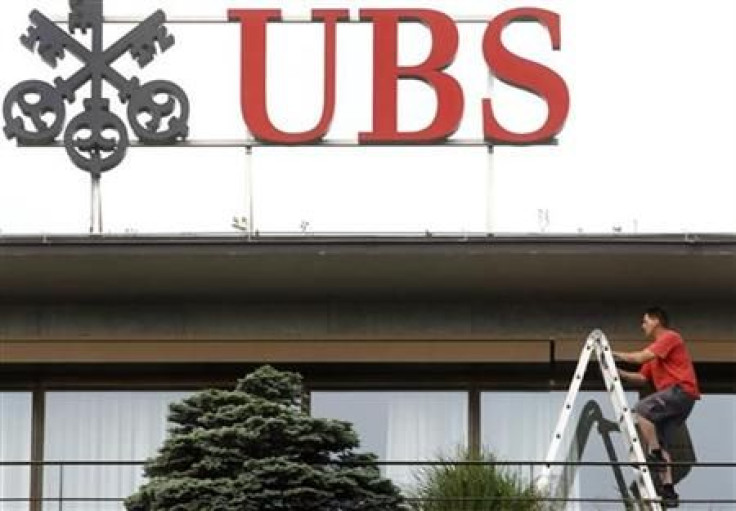UBS Q1 Profit Declines 54% On Debt Charges

Swiss banking giant UBS reported on Wednesday that its profit for the first quarter declined 54 percent from the same period last year after being affected by charges on its debt.
The bank is affected by a charge of 1.2 billion Swiss francs ($1.32 billion) on its debt. Net profit declined in the first quarter to 827 million Swiss francs ($910 million) or 0.22 francs per share from 1.81 billion Swiss francs ($2 billion) or 0.47 Swiss francs per share in the same period last year.
The global economic worries, especially the looming debt crisis in the euro zone and the concerns over banks in Europe, have affected the growth in revenue made by UBS.
Failure to make progress on these key issues would make further improvements in prevailing market conditions unlikely and would have the potential to continue the headwinds for revenue growth, net interest margins and net new money, the bank said in a statement.
Meanwhile, Chief Executive Officer Sergio P. Ermotti said that the bank remained vigilant on costs. Ermotti, who took over the leadership of the bank in September 2011 after it was hit by a $2.3 billion rogue trading loss, was faced with the tough task of cost cutting and needs to restore investor confidence after the trading loss.
The trading loss was a major concern for the Swiss bank, which was still in the process of recovering from the 2008 global financial crisis when it was near to collapse.
After Ermotti took over, the bank had followed a strategy of smaller and less expensive investment banking operations, which meant that it sought to take smaller risks than it had recently taken and focused on mitigation measures to deal with failures.
Also last month, the bank was hit by tax evasion allegations when Paris prosecutors opened a formal investigation into the issue of whether UBS helped many of its French customers evade taxes. In 2009, the bank paid $780 million to the American authorities on a similar tax evasion case in the U.S.
© Copyright IBTimes 2024. All rights reserved.











